Safiyeh Rezaei
Brain Tumor Segmentation by Cascaded Deep Neural Networks Using Multiple Image Scales
Feb 05, 2020
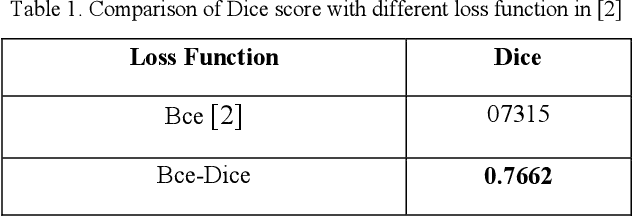

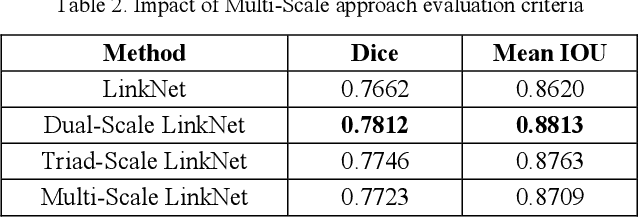
Abstract:Intracranial tumors are groups of cells that usually grow uncontrollably. One out of four cancer deaths is due to brain tumors. Early detection and evaluation of brain tumors is an essential preventive medical step that is performed by magnetic resonance imaging (MRI). Many segmentation techniques exist for this purpose. Low segmentation accuracy is the main drawback of existing methods. In this paper, we use a deep learning method to boost the accuracy of tumor segmentation in MR images. Cascade approach is used with multiple scales of images to induce both local and global views and help the network to reach higher accuracies. Our experimental results show that using multiple scales and the utilization of two cascade networks is advantageous.
Gland Segmentation in Histopathology Images Using Deep Networks and Handcrafted Features
Aug 31, 2019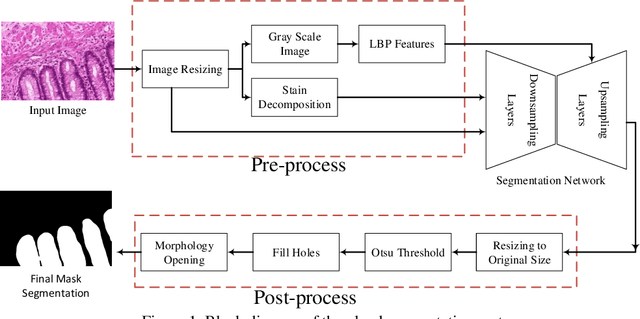
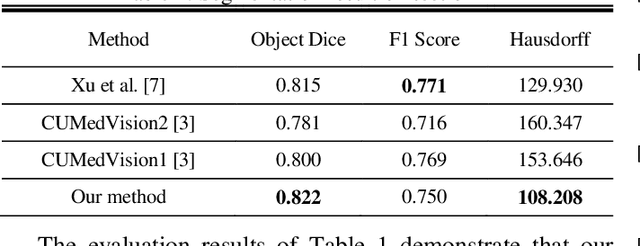

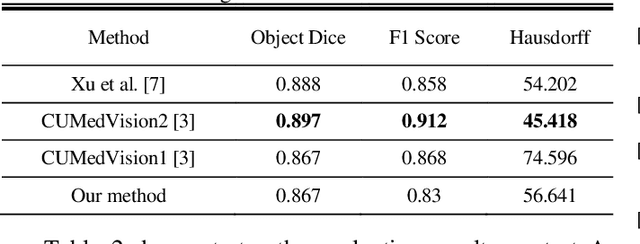
Abstract:Histopathology images contain essential information for medical diagnosis and prognosis of cancerous disease. Segmentation of glands in histopathology images is a primary step for analysis and diagnosis of an unhealthy patient. Due to the widespread application and the great success of deep neural networks in intelligent medical diagnosis and histopathology, we propose a modified version of LinkNet for gland segmentation and recognition of malignant cases. We show that using specific handcrafted features such as invariant local binary pattern drastically improves the system performance. The experimental results demonstrate the competency of the proposed system against state-of-the-art methods. We achieved the best results in testing on section B images of the Warwick-QU dataset and obtained comparable results on section A images.
Brain Tumor Segmentation Using Deep Learning by Type Specific Sorting of Images
Sep 20, 2018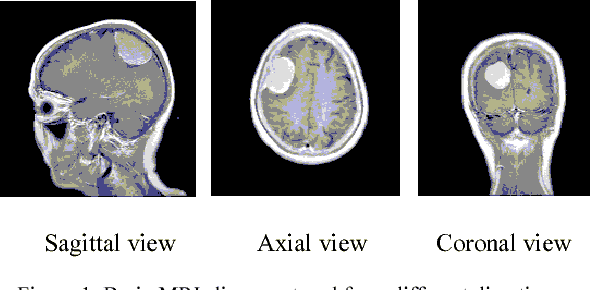
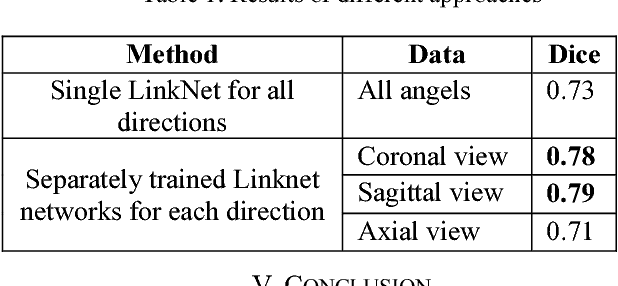

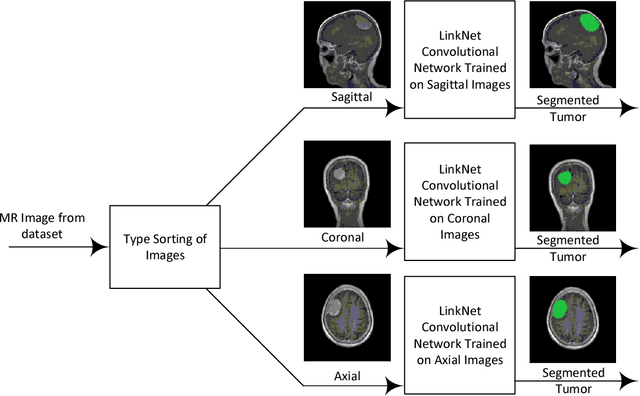
Abstract:Recently deep learning has been playing a major role in the field of computer vision. One of its applications is the reduction of human judgment in the diagnosis of diseases. Especially, brain tumor diagnosis requires high accuracy, where minute errors in judgment may lead to disaster. For this reason, brain tumor segmentation is an important challenge for medical purposes. Currently several methods exist for tumor segmentation but they all lack high accuracy. Here we present a solution for brain tumor segmenting by using deep learning. In this work, we studied different angles of brain MR images and applied different networks for segmentation. The effect of using separate networks for segmentation of MR images is evaluated by comparing the results with a single network. Experimental evaluations of the networks show that Dice score of 0.73 is achieved for a single network and 0.79 in obtained for multiple networks.
 Add to Chrome
Add to Chrome Add to Firefox
Add to Firefox Add to Edge
Add to Edge